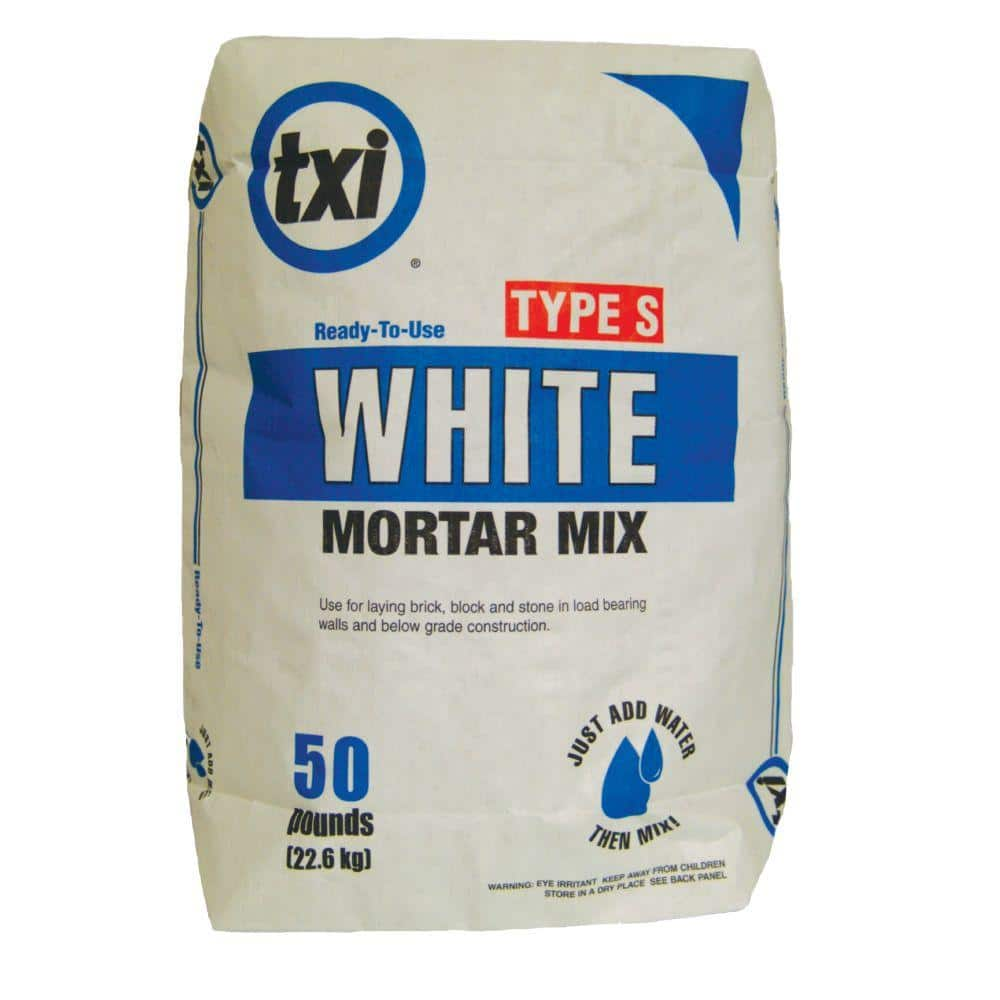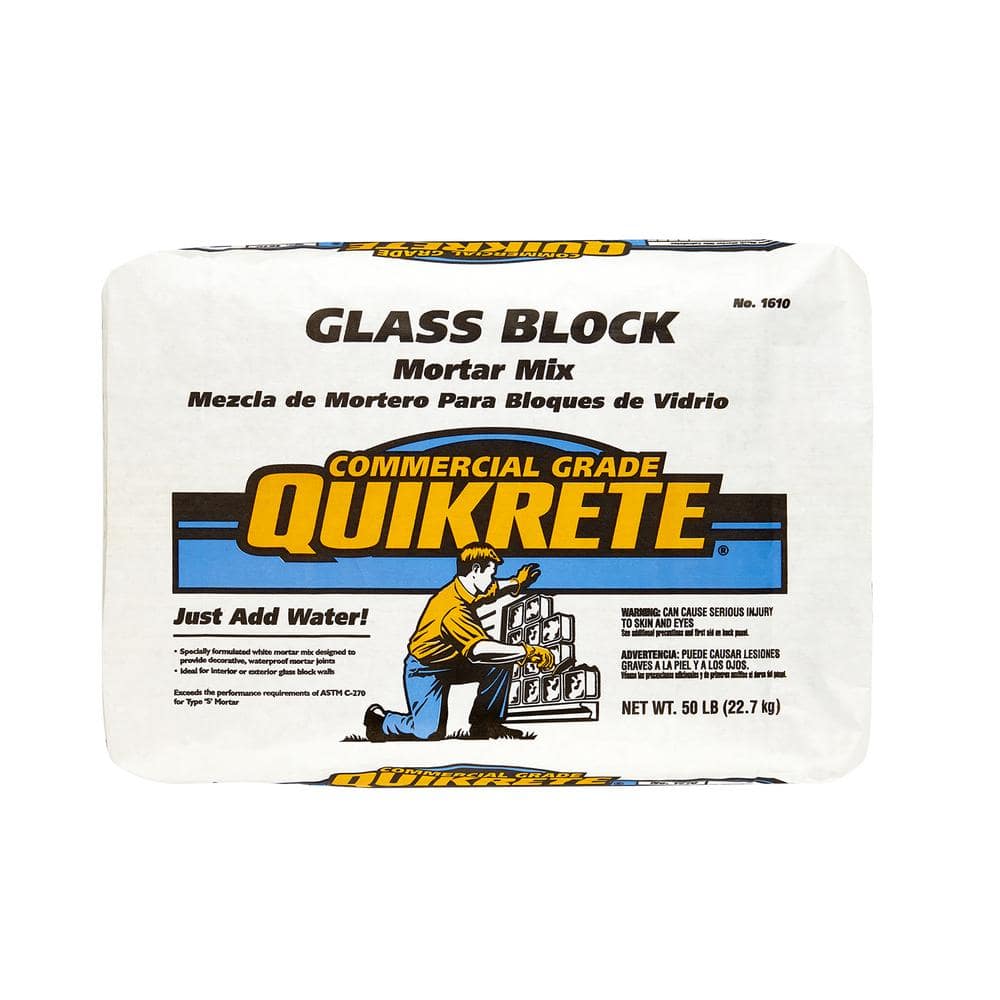Hi
I am building a veneer brick heat shield. I have installed my brick to Durock using Type S mortar. I now want to fill the joints with WHITE mortar but I cannot find any White Type S in my area. Can I use white thin set? Or does it have to be Type S? This is just for the joints.
Im hoping to use some color pigment to get my grout to match my creme brick.
My stove is a Jotul F500 V3 with rear heat shield and double wall pipe so I don't expect a ton of heat to transfer to the brick
I am building a veneer brick heat shield. I have installed my brick to Durock using Type S mortar. I now want to fill the joints with WHITE mortar but I cannot find any White Type S in my area. Can I use white thin set? Or does it have to be Type S? This is just for the joints.
Im hoping to use some color pigment to get my grout to match my creme brick.
My stove is a Jotul F500 V3 with rear heat shield and double wall pipe so I don't expect a ton of heat to transfer to the brick



